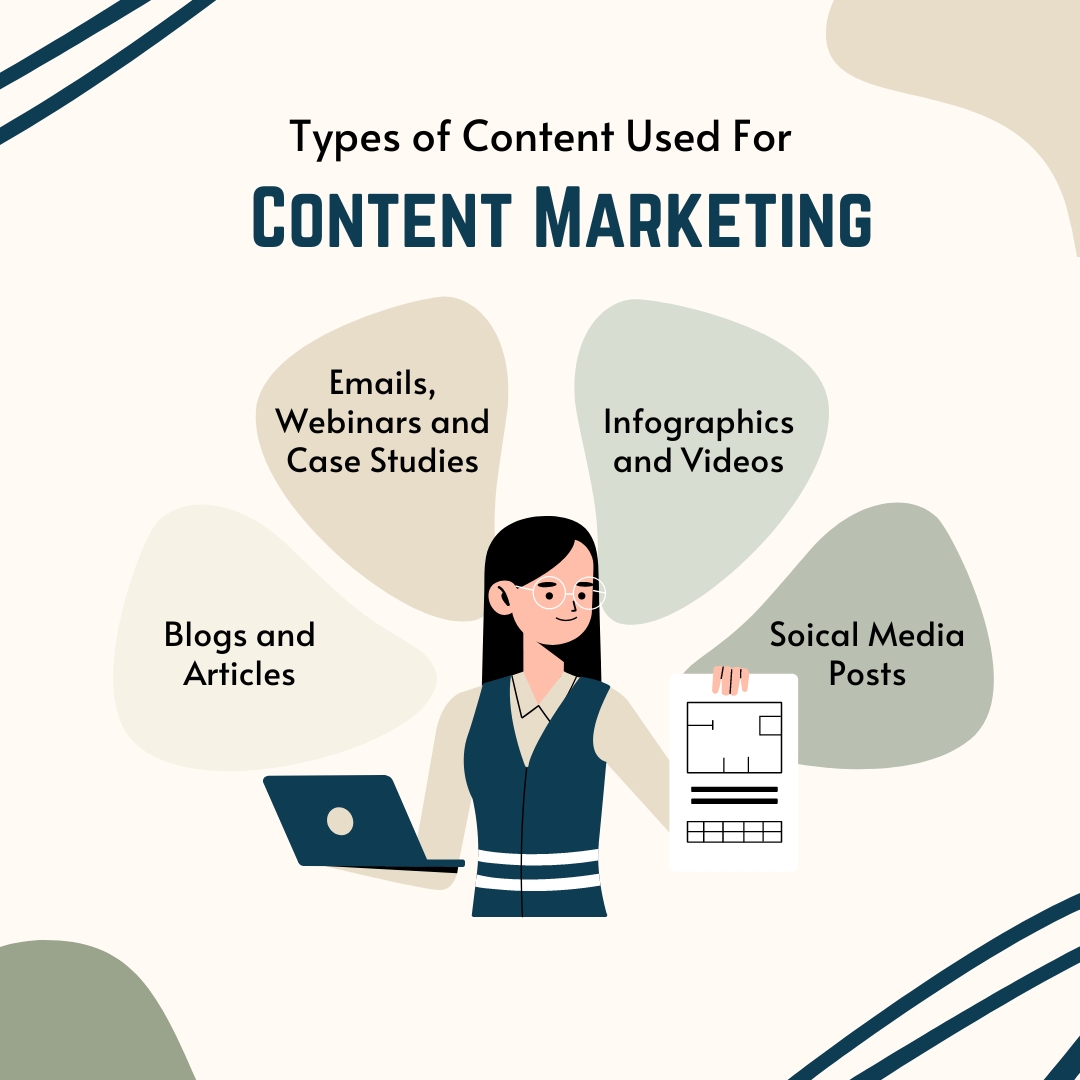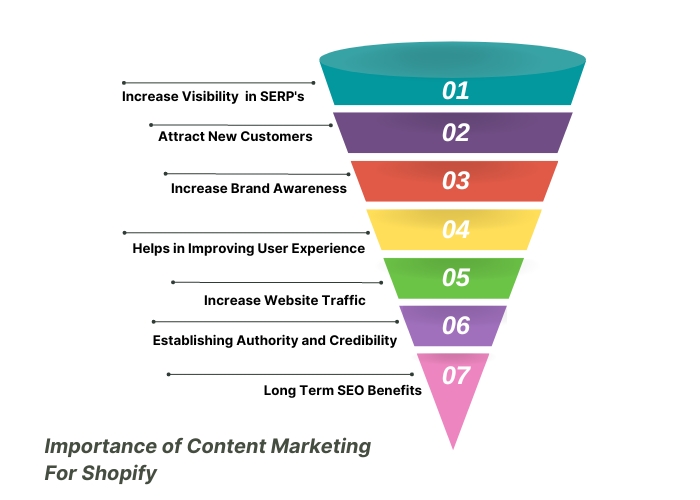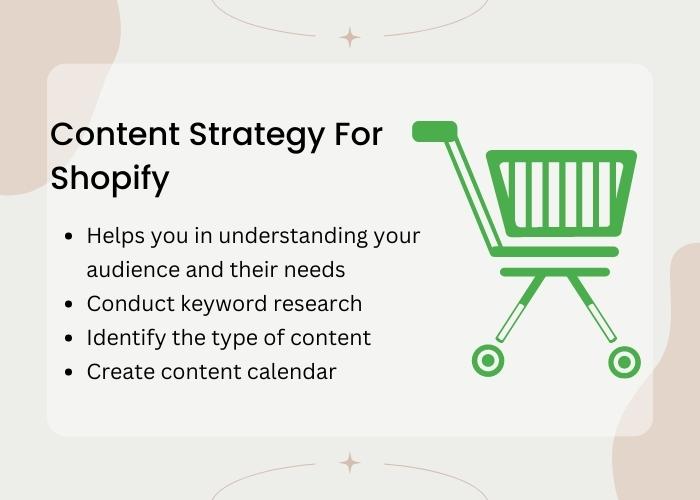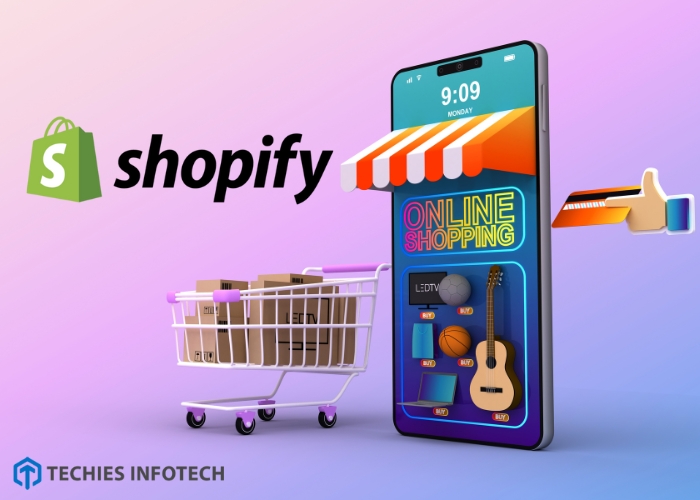You may have put your heart and soul into building your own Shopify store. Spent countless hours curating the perfect product lineup, designing a visually appealing website, and creating an online haven for your target audience.
But let’s face it: the virtual world is a crowded place. Your store may be lost amidst a sea of competitors, struggling to gain the attention it deserves. Your dream of a successful store, which once looked vivid, starts to flicker. If so, you are not alone in this arduous journey.
With millions of online stores vying for attention, it is essential to implement effective strategies to stand out from the competition. This is where Search Engine Optimization (SEO) comes into play. By optimizing your store’s SEO, you can increase organic traffic, drive more visitors to your website, and ultimately increase conversions and sales.
Optimizing your Shopify store’s SEO involves more than incorporating just a few keywords into your website’s content. It requires a comprehensive approach that takes into account various factors, including content quality, user experience, and backlink profiling. One key aspect that can significantly enhance your Shopify store’s SEO potential is content marketing.
What is Content Marketing?

Content marketing is a well-established marketing approach that focuses on creating and distributing useful and engaging content to attract and engage your target audience. It involves curating and sharing informative, entertaining, and inspiring content through various channels, such as blogs, social media posts, videos, infographics, and more.
Content marketing strategy aims to provide value to the audience by offering them something of value by addressing their needs, interests, and pain points. It helps build trust, establish thought leadership, and develop long-term relationships with potential customers.
Content marketing plays a pivotal role in maximizing your store’s SEO efforts. While SEO primarily focuses on technical aspects of your website, content marketing complements these efforts by providing the target audience with valuable and informative content.
Here are some types of content used for content marketing:
- Blogs and articles
- Social media posts
- Advertisements
- infographics
- Videos
- E-books, white papers, and reports
- Podcasts
- Emails
- Webinars
- Case studies
Why is Content Marketing Important for Your Shopify Store’s SEO?

Content marketing has made it easier for businesses to reach potential customers, engage them, drive traffic, establish authority, and increase conversions. Here are some key reasons why content marketing is important for your Shopify store:
Improves visibility in SERPs: Creating high-quality and optimized content allows search engines to understand the relevance and purpose of your website. When you consistently create and share valuable content with the audience, search engines are more likely to rank your Shopify store higher in SERPs, increasing your store’s visibility.
Attracts new customers: With an effective content marketing strategy, you can attract new visitors to your store. You can gain their trust and convert them into customers by providing valuable information, answering their queries, and addressing their pain points.
Increases brand awareness: Content marketing helps you to increase brand awareness and build a reputation as an expert in your field. When you create high-quality content that your audience finds informative and helpful, you can establish an online store’s presence in the industry and make it more visible.
Improves user experience: Well-crafted and informative content not only attracts search engines but also engages your website visitors. With informative content, you can enhance the user experience of your website, increase the time visitors spend during their visits, reduce bounce rates, and improve user satisfaction.
Content Marketing Strategies for Your Shopify Store’s SEO

Create High-Quality and Original Content
To maximize your Shopify store’s SEO potential, it is important to create high-quality content that resonates with your audience. Publishing original content on your website tells search engines that you are working to provide value to your audience. It also shows your audience that you understand their needs and that your product can effectively solve their problems.
Here is a content strategy you can consider for your Shopify store:
Understand Your Audience and Their Needs: Take time to research and understand your target audience. Identify their interests, pain points, and preferences. This will help you create content that addresses their needs and provide value.
Conduct Keyword Research: Use keyword research tools to identify valuable search queries that your target audience types into search engines to find your product and related information. Keyword research can also help you generate content ideas that align with your audience’s interests. Incorporate these keywords into your content to increase your Shopify store’s visibility.
Identify the Type of Content: Content strategy for your Shopify store is more than optimizing your product and category pages. The best Shopify stores leverage the power of different types of content to attract more eyes to their products and boost conversions. There are a lot of factors to consider when identifying the type of content for your Shopify store, including your buyers’ persona, their pain points, and at what stage they are in the sales funnel.
Create a Content Calendar: Once you have identified your target audience, the content type to use, and keywords to target, develop a content calendar to plan and organize your content distribution. Your content calendar should include details like content type, target audience, content topic, targeted keywords, publishing dates, and promotion strategies.
Optimize Content for SEO
Creating great content for your Shopify store is important but it is equally important to optimize the content for SEO. Here are some strategies to optimize your content for SEO:
Incorporate target keywords: As you create your content, incorporate your target keywords naturally into the text, headings, and metadata. However, you should avoid keyword stuffing as it can negatively impact your SEO. Focus on creating engaging and informative content that incorporates your targeted keywords naturally.
Write compelling headings and meta descriptions: Create attention-grabbing titles, meta descriptions, and captions that entice users to read your content. Incorporate relevant content to optimize your content for search engines. A well-written title and meta description can significantly improve your SEO visibility and click-through rates.
Format your content for better readability and user experience: Break your content into shorter sections with clear headings and sub-headings, use bullet points, and use compelling visuals to enhance the readability and user experience. Optimize your images by using keywords in alt tags and filename. In addition, consider using internal linking to connect related content with your Shopify store.
Leverage email Marketing
Email marketing is a powerful tool for eCommerce businesses to generate leads and boost conversions.
Email marketing offers an impressive ROI of $36 for every $1 spent.
Here is how you can leverage email marketing to maximize your digital marketing efforts.
Build an email list: Encourage your Shopify visitors to subscribe to your email list by offering them incentives, such as discounts, useful resources, or other relevant content. By building a substantial email list, you can reach your audience directly and encourage them to become your customers.
Segment your subscribers: Subscriber segmentation is the most effective email marketing strategy, with 78% of marketers using this strategy in their email marketing campaigns. Segment your audience based on demographics, the stage they are in the sales funnel, their purchase history, and online behavior. This will allow you to send tailored content and offers to specific groups, ensuring that your messages are more personalized and relevant to each recipient.
Personalize email content: Use personalization techniques to address each subscriber by their name and include customized content that is specific to their preferences or purchase history. Personalized emails can significantly improve open rates, click-through rates, and overall engagement.
Send targeted content and offers: Based on the segments, send targeted emails with content and offers that resonate with each group. For example, if a segment consists of customers who have purchased a particular product category, send them personalized recommendations or exclusive discounts related to their previous purchases. This level of personalization enhances the user experience and increases the chances of driving traffic to your Shopify store.
Engage with Your Audience on Social Media
Social media offers valuable opportunities to engage with your target audience and build brand awareness. Consider the following strategies to engage with your audience on social media:
Identify relevant social media platforms: Determine which social media platforms your target audience uses the most. Focus your efforts on these platforms to maximize your brand’s reach and engagement.
Create engaging posts and captions: Create compelling social media posts that grab users’ attention and encourage them to interact. Use captivating images, videos, and compelling captions to encourage interactions. Sharing engaging social media content with your followers can attract more traffic to your online store, improve brand awareness, and boost your brand visibility.
Encourage social sharing: Create content that encourages your followers to share your content and tag your brand in their posts. Run contests and promotions, or post user-generated content to foster engagement and increase your brand’s visibility. When users share your content on social media, it expands your reach to a wider audience.
Use Retargeting Campaigns
Retargeting campaigns can be an effective way to bring back visitors who have shown interest in your Shopify store in the past. Consider the following retargeting strategies:
Use display ads: Use display ads to retarget visitors who previously visited your Shopify store. Display relevant ads to remind these users of your brand and encourage them to return. Targeting these visitors will have a better ROI than targeting new customers through online ads.
Use email marketing for retargeting: You can also encourage your past visitors to return and take the next step by sending personalized emails. Use persuasive email copy and enticing offers to bring them back to your store.
Use Different Content Types
It is important to explore various content types to keep your Shopify store’s content marketing strategy fresh and engaging. Experiment with different formats to diversify your content strategy that can attract more visitors. Here are some content types you can use for your Shopify store:
Infographics: Create visually appealing graphics that present information, data, or product features in a concise and engaging manner. Infographics are highly shareable and can attract backlinks from other websites, improving your brand’s visibility.
Videos: Incorporate videos into your content strategy, such as product demonstrations and tutorials. Videos have high engagement potential and can drive traffic, social shares, and backlinks to your Shopify store.
Interactive Content: Explore interactive formats like polls, interactive guides, or quizzes. Interactive content can captivate your audience, encourage participation, and increase time spent on your site. This can positively impact user experience signals and SEO rankings.
Case Studies and Success Stories: Showcase real-life examples of how your products or services have benefited customers. Case studies and success stories provide social proof and build credibility. They can also attract organic traffic when people search for similar success stories in your industry.
Guides and How-To Articles: Create comprehensive guides and how-to articles that address common problems or challenges your target audience faces. These types of content not only demonstrate your expertise but also position your store as a go-to resource. Optimizing these guides with relevant keywords can drive organic traffic to your store.
While managing your Shopify store’s SEO may be overwhelming, investing your time and efforts into an effective content marketing strategy can greatly benefit your online preference. You can attract and engage your target audience, build trust and authority, and increase brand awareness through valuable and informative content.
So, embrace the art of content marketing, and watch your Shopify store soar to new heights.
Ready to take your online presence to the next level? At Techies Infotech, we offer top-notch digital marketing services tailored to your specific needs. Harness the power of content marketing to captivate your audience, drive organic traffic, and elevate your online presence. Let us guide you on a transformative journey toward success. Contact us now and embark on a remarkable digital marketing adventure that will leave a lasting impact on your Shopify store.
Frequently Asked Questions
Q. How can I measure the success of my content marketing strategy?
To measure the success of your content marketing strategy, track key metrics like website traffic, keyword rankings, social media shares and likes, engagement rates, and conversion rates. Analyze these metrics using Shopify’s built-in analytics, social media analytics, and Google Analytics. Evaluate continuously and optimize your strategy to make it more effective and drive business growth.
Q. What types of content should I create for my Shopify store’s content marketing strategy?
It is important to use a diverse range of content types in your Shopify store’s content marketing strategy to engage your audience. Some types of content you should use in your content marketing strategy are:
- Product descriptions
- Blog posts
- How to guides
- Customer testimonials
- Infographics
- Videos
- Social media posts
- Case studies
Q. How often should I publish content for my content marketing strategy?
The frequency of publishing content depends on various factors, including resources available, industry, audience preference, and competition. Consistency is the key to success in content marketing, so aim to establish a regular content schedule that you can maintain. Whether it is publishing a new guest blog or sharing social media posts, establish a schedule that allows you to provide valuable content to your audience consistently.












